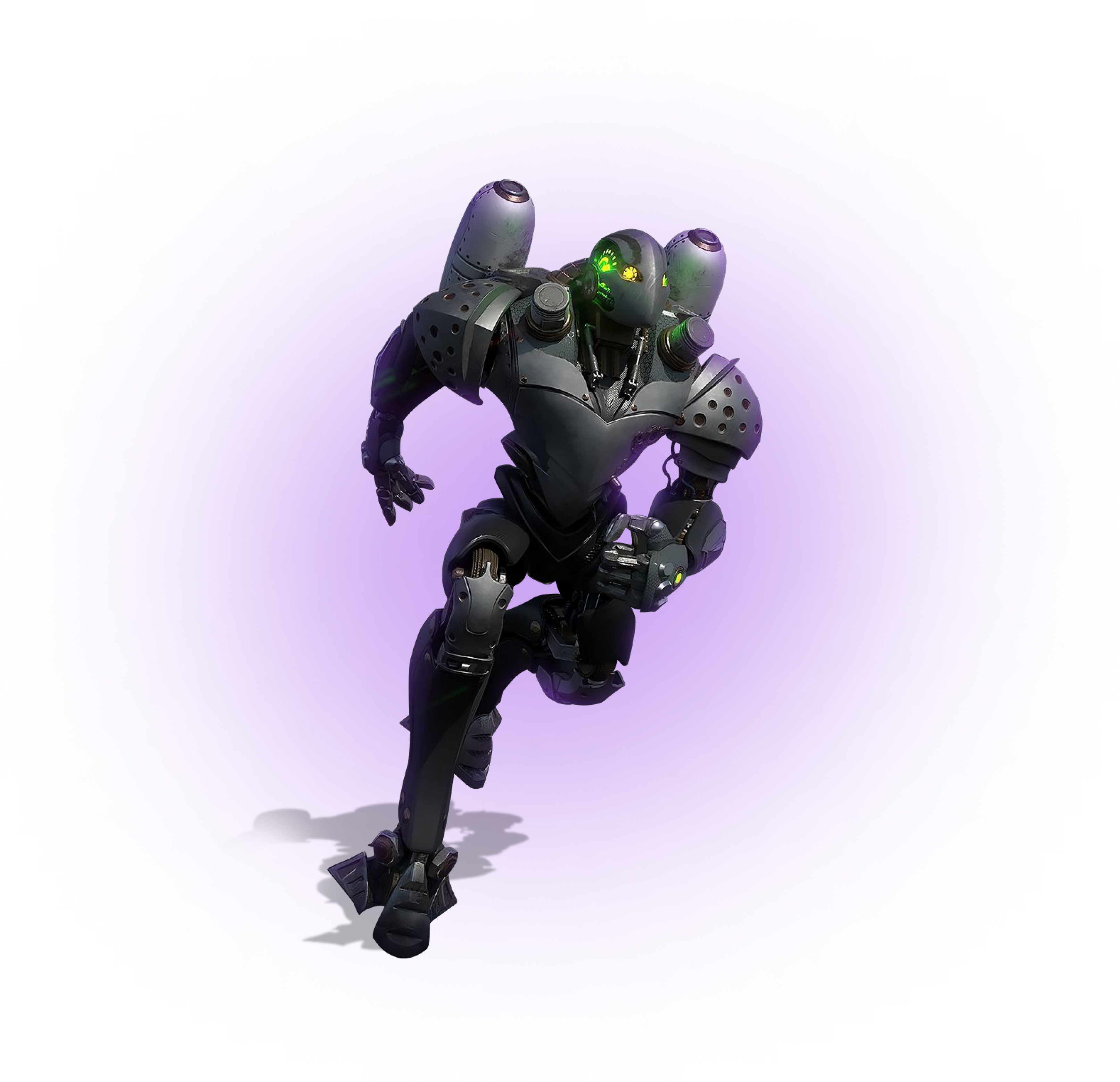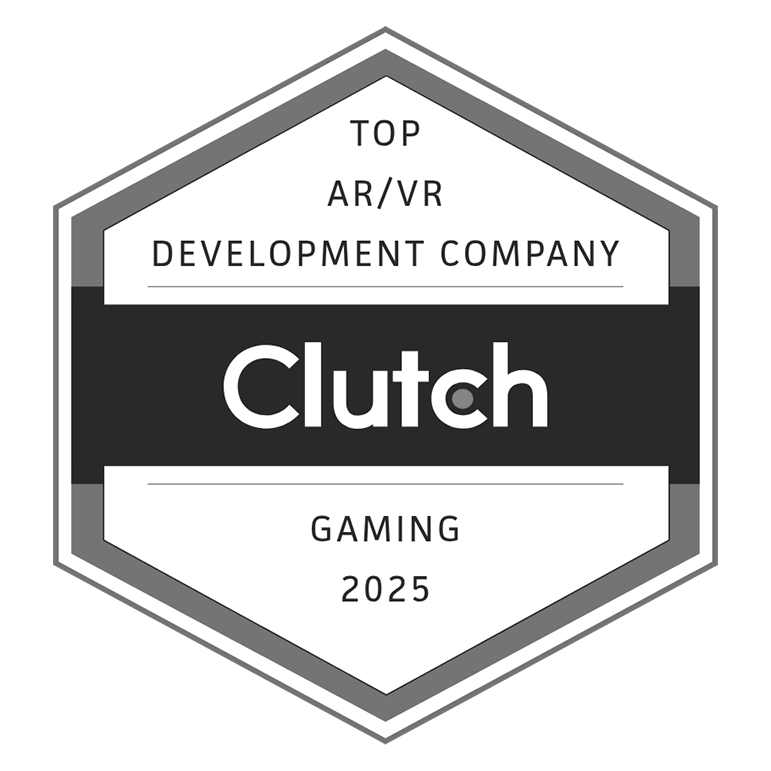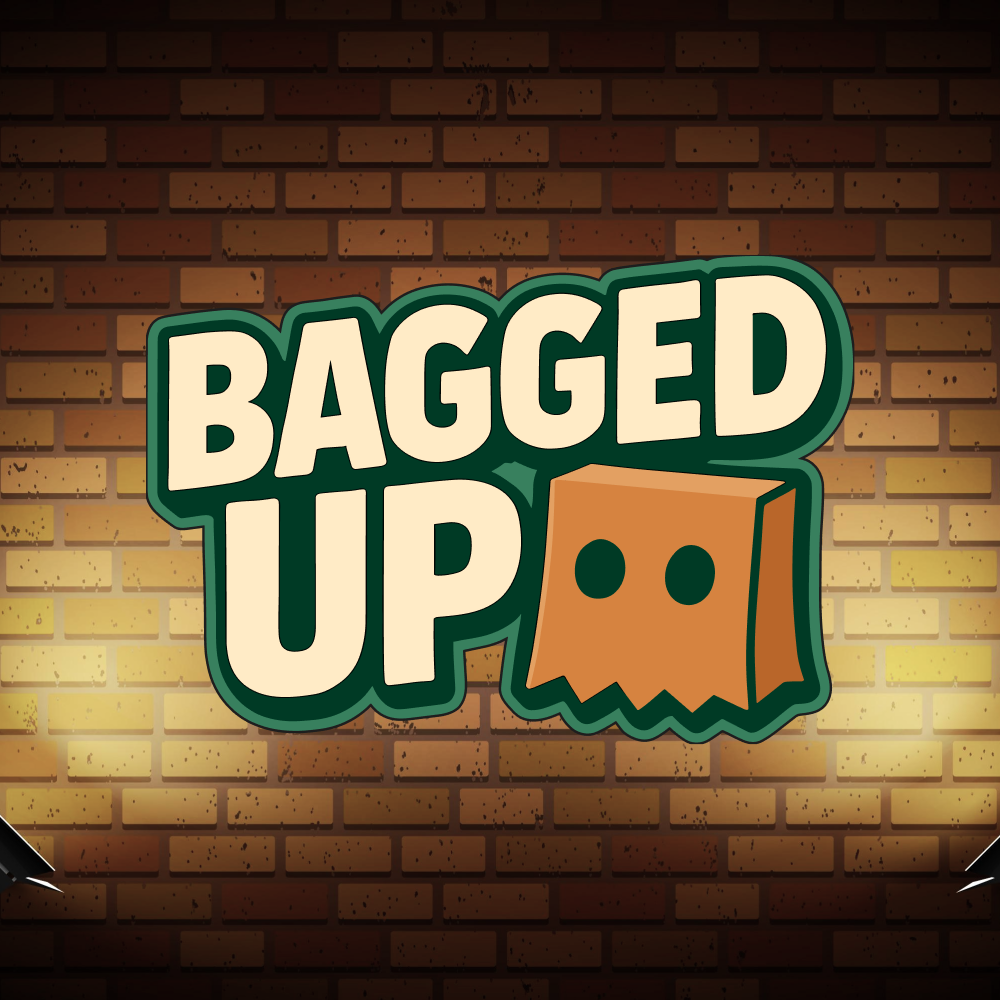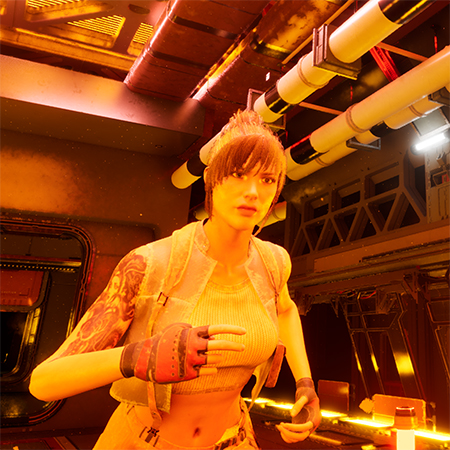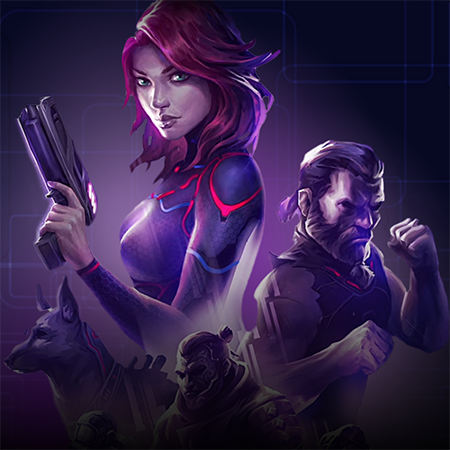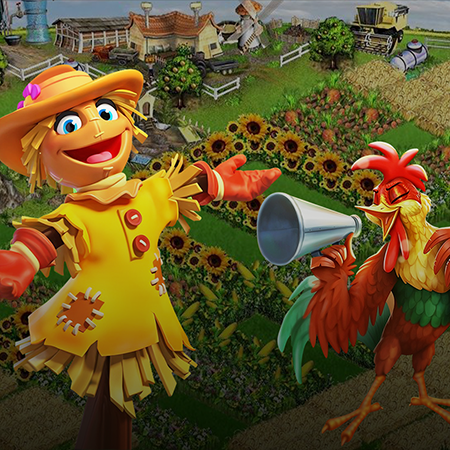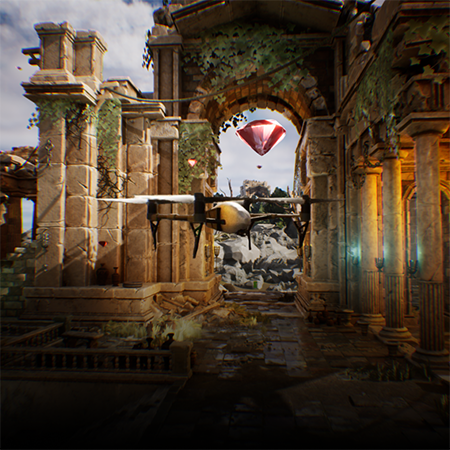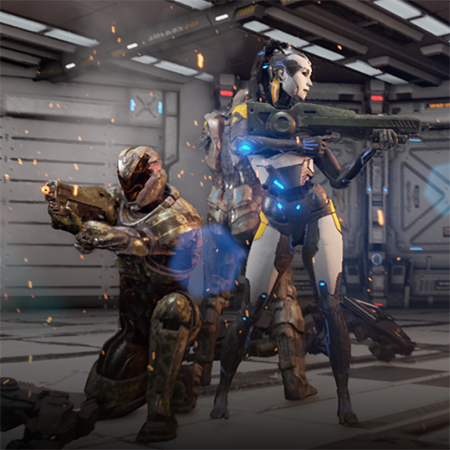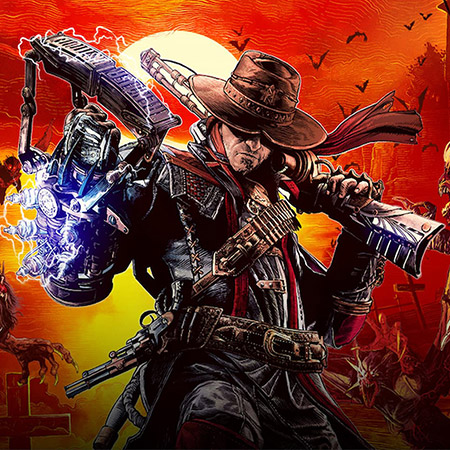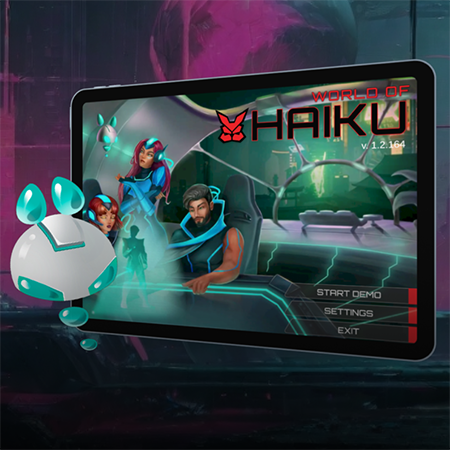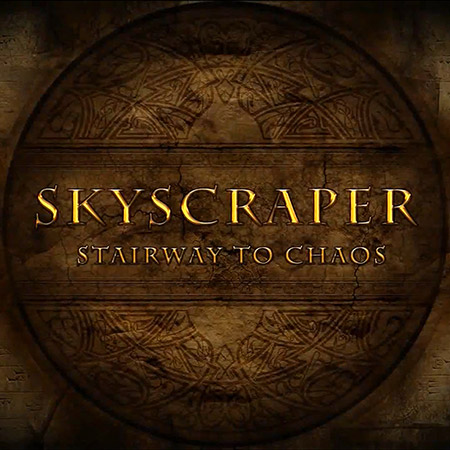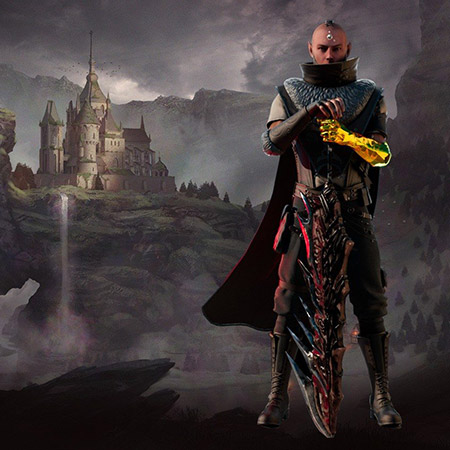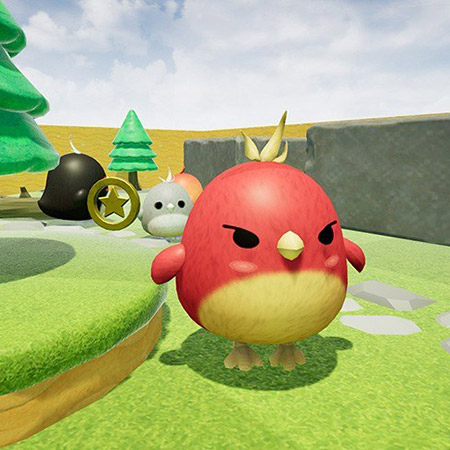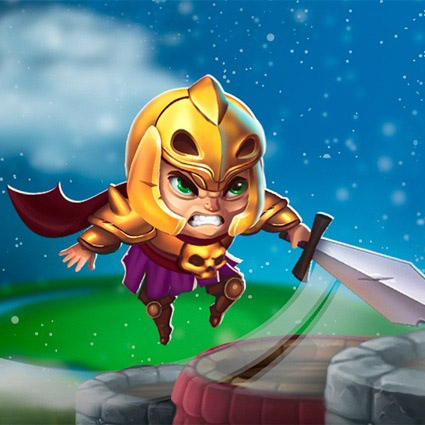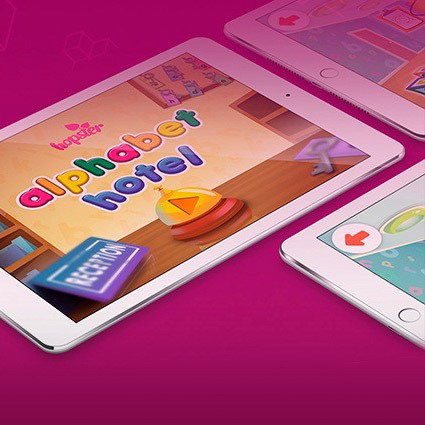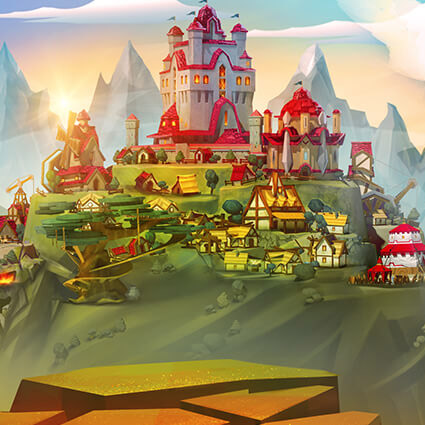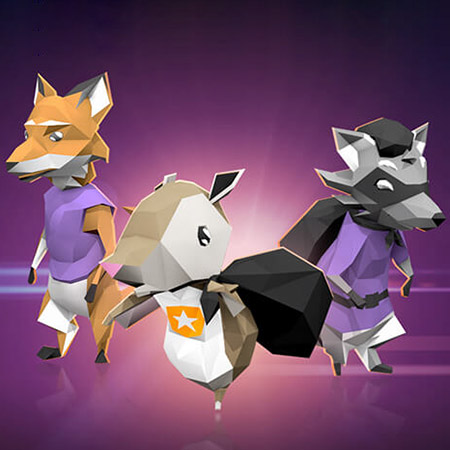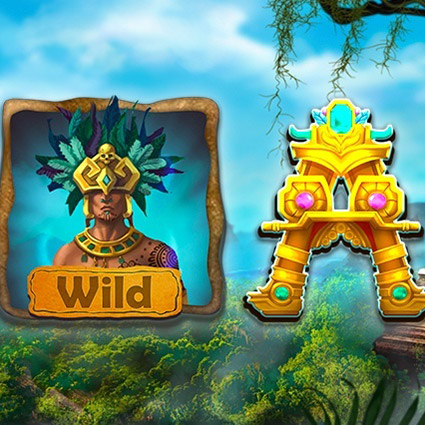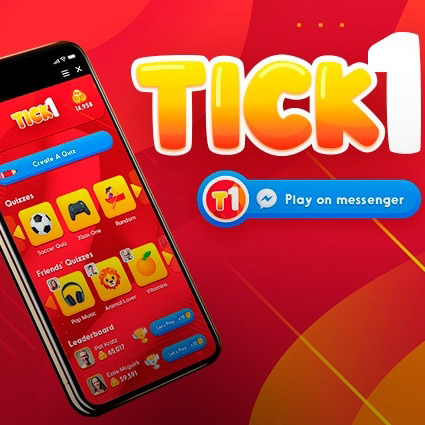Game developers shoulder a range of responsibilities that cover every stage of the game production lifecycle, from initial concept to final release. Their expertise spans diverse areas of design, programming, content creation, and testing, each contributing to building an engaging and functional game. When you hire game developers or hire a game development team, understanding their specific responsibilities helps clarify the essential roles they play in bringing your vision to life.
A game developer’s responsibilities vary according to project requirements, but several core duties are consistently critical.
1. Game Design and Conceptualization
Game developers collaborate with design teams to define a game’s concept, mechanics, and narrative structure. They outline player interactions, gameplay rules, and character abilities to establish a cohesive experience that resonates with the target audience. The design phase requires analytical thinking and creativity to ensure all elements contribute effectively to the game’s overall structure.
2. Programming and Coding
Game developers write and implement code that dictates the game’s functionality and interactivity. Coding includes creating mechanics for player movement, AI behaviors, in-game physics, and other dynamic features. Developers proficient in coding languages like C++, C#, and Python, as well as game engines such as Unity and Unreal Engine, build the framework that powers the game.
3. Creating Game Assets
Developers often work closely with artists and designers to generate game assets, including characters, environments, and objects. These assets involve 2D/3D models, textures, animations, and visual effects that enhance the player’s experience. Game developers ensure these assets integrate smoothly within the game engine and function as intended in the gameplay.
4. Gameplay Mechanics and Systems
Another core responsibility is the development of gameplay mechanics and systems. Game developers build and refine these systems to create a balanced and rewarding experience for players. This process includes crafting scoring systems, player progression paths, and reward mechanisms that align with the game’s objectives and user experience.
5. Testing and Quality Assurance (QA)
Game testing is a continuous process in game development, as it helps detect bugs, performance issues, and gameplay imbalances. Developers run various tests to ensure stability, and functionality, and address any compatibility issues across devices. Effective testing processes prevent technical problems from impacting the player experience post-launch.
6. Optimization for Performance
Developers optimize games to run smoothly on various devices, minimizing lag, reducing load times, and adjusting resource usage to ensure optimal performance. They analyze frame rates, memory usage, and processor load to enhance the gaming experience across different platforms, whether mobile, console, or PC.
7. Cross-Platform Development
Today’s games often require compatibility across multiple platforms. Developers employ cross-platform tools and frameworks, tailoring the gameplay for each platform's unique controls, screen sizes, and hardware limitations. This approach ensures a consistent experience for players regardless of device.
8. Collaborative Project Management
Game development is inherently collaborative, and developers must work in sync with designers, artists, and QA teams to meet project milestones. Communication and coordination are essential to address any design changes, resolve technical issues, and align with project goals. Developers frequently participate in team meetings, update project management platforms, and adapt their work to meet deadlines.
9. Post-Launch Support
Responsibilities extend beyond the initial release. Developers may provide updates, patch bugs, and add new features to maintain player engagement. Post-launch support enhances a game’s lifespan, allowing developers to respond to user feedback and improve the gaming experience over time.
Additional responsibilities often include:
Direct client collaboration. Developers regularly communicate with clients to ensure project alignment, adjust game features, and meet specific requirements.
Documentation. Detailed documentation of game systems, code, and design choices enables streamlined maintenance and facilitates future updates or expansions.
Hiring dedicated game developers through Game-Ace connects you to a team that is proficient in these essential responsibilities. Our extensive talent base, flexible hiring models, and commitment to quality ensure you have the skilled professionals needed for a successful game development journey. To explore how our team can bring your vision to life, contact us today.

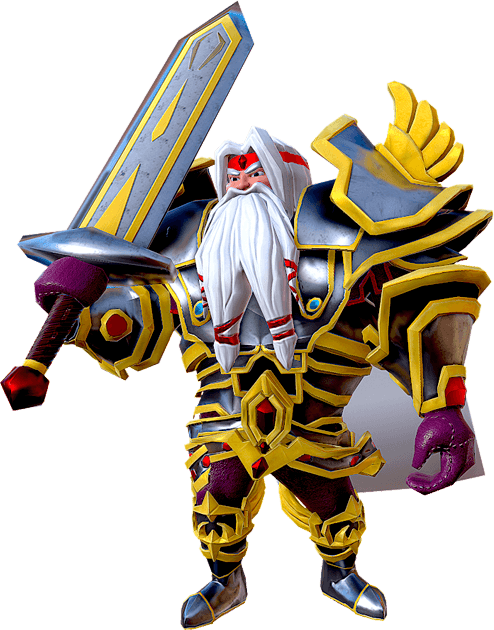






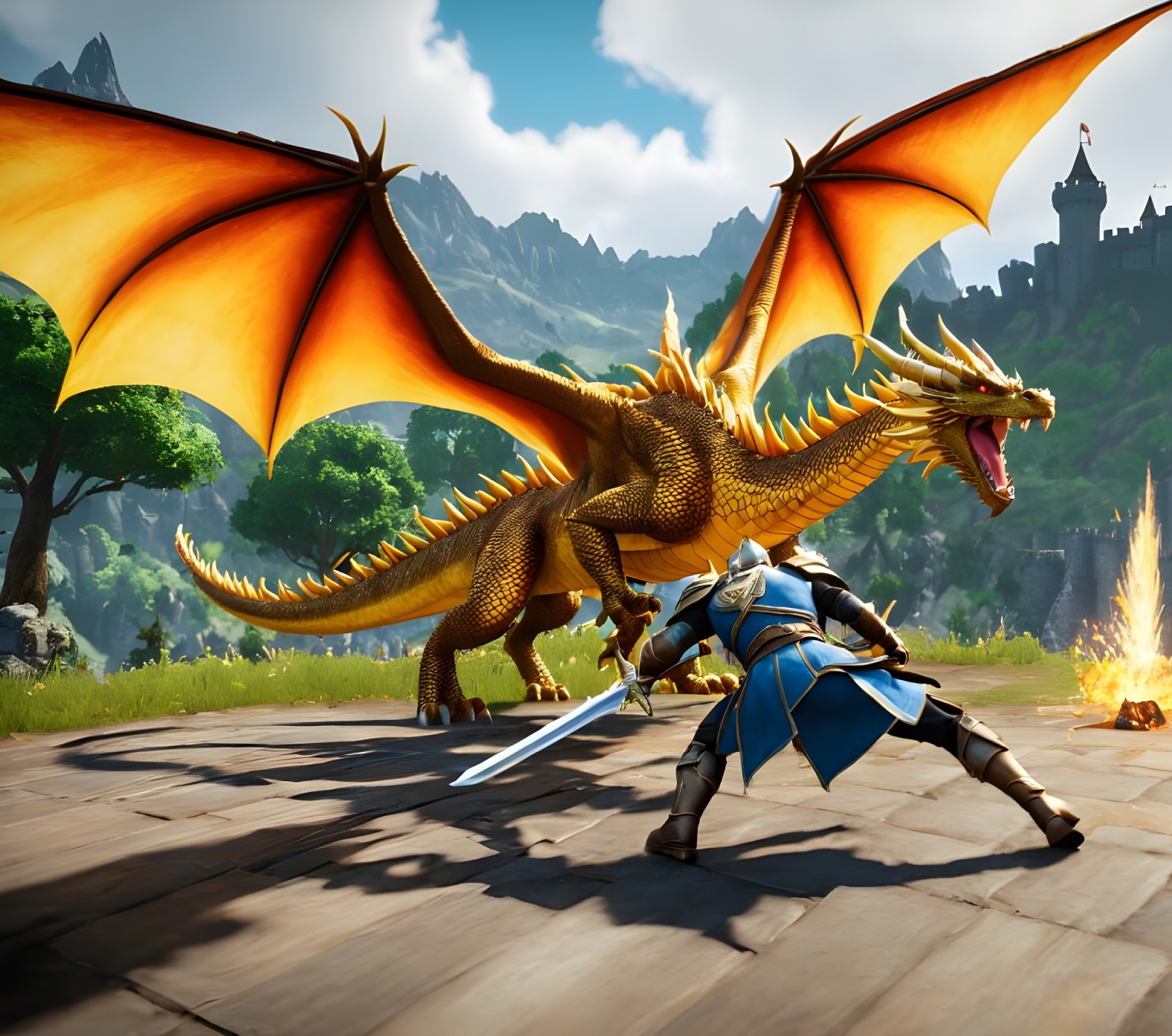
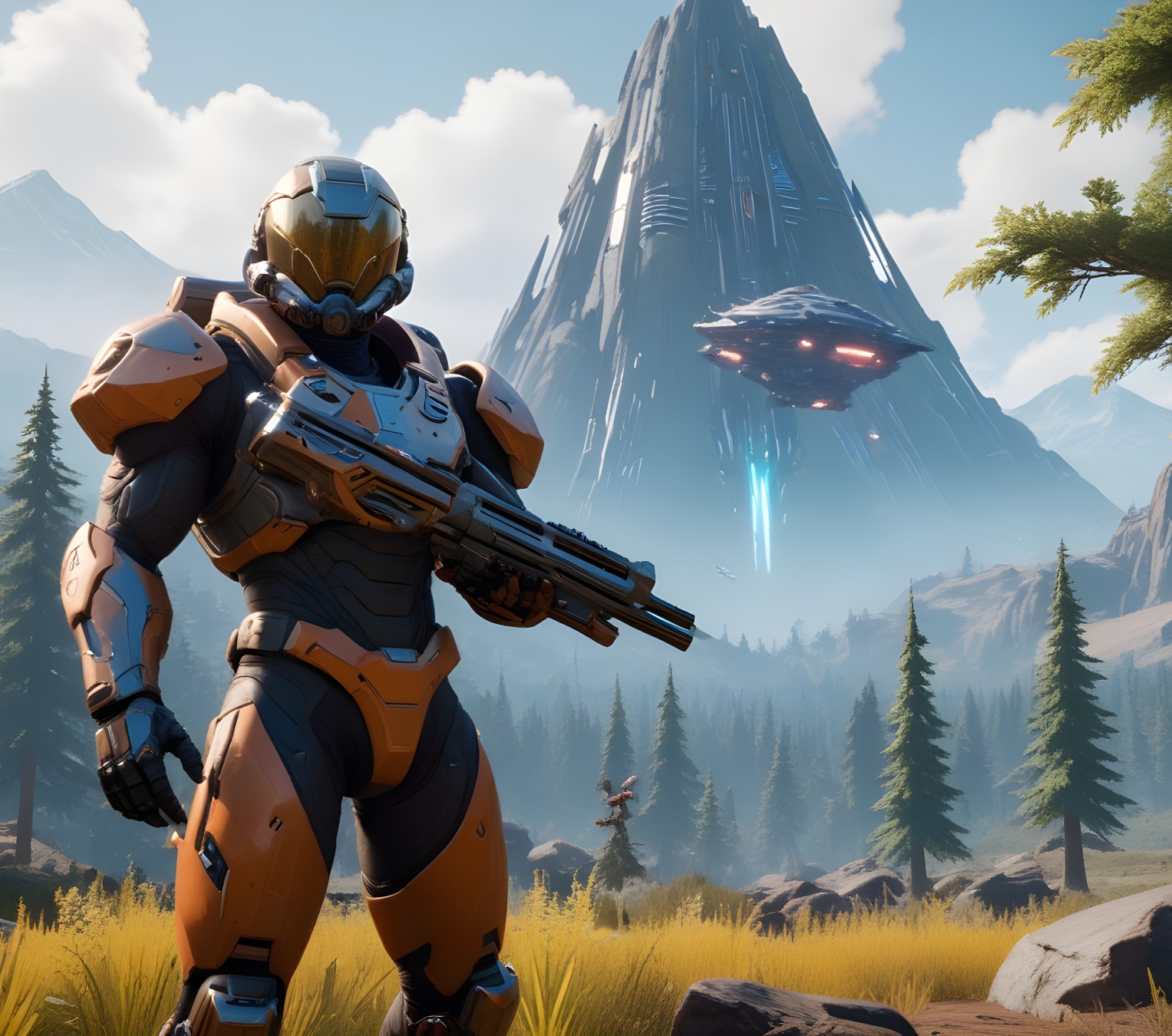
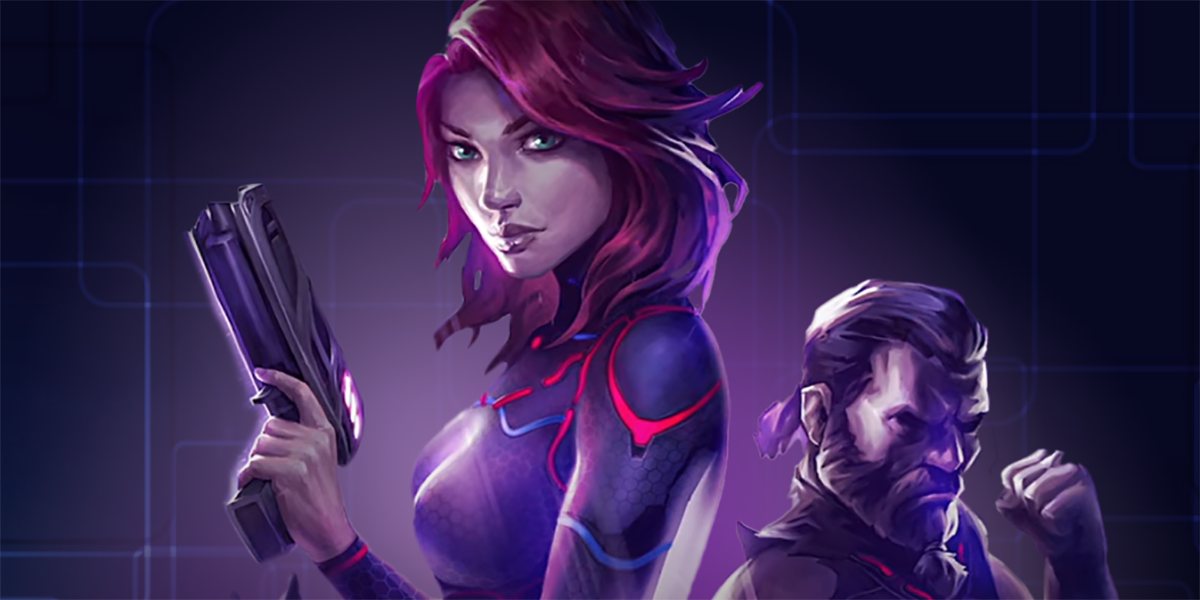 The Protagonist: EX-1
The Protagonist: EX-1
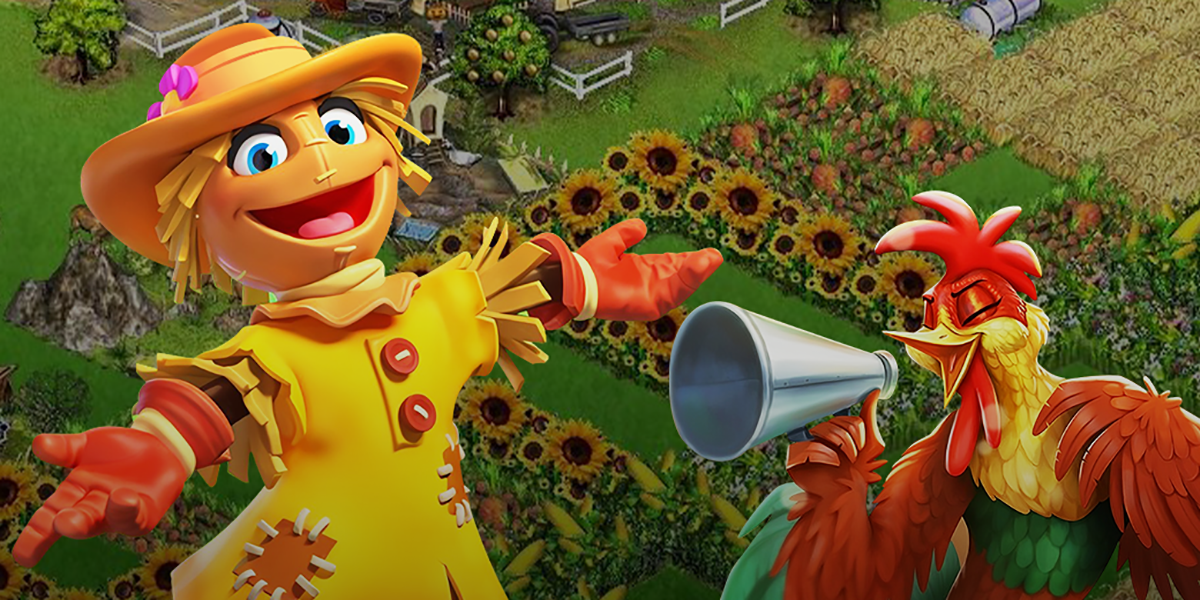 Farmerama
Farmerama
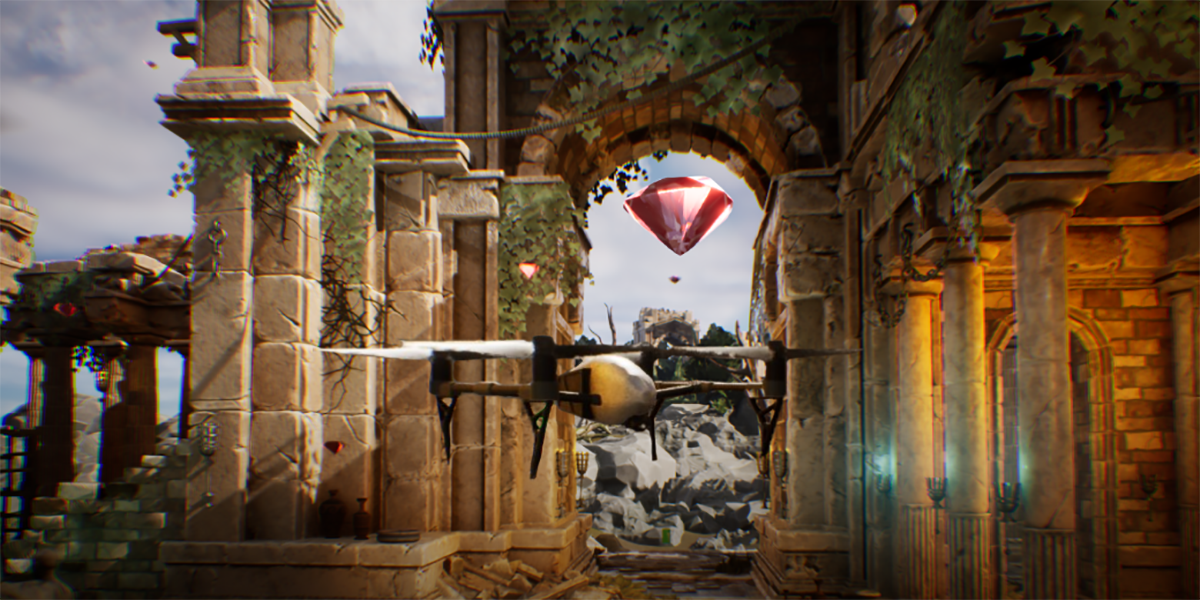 Diamond Drone
Diamond Drone
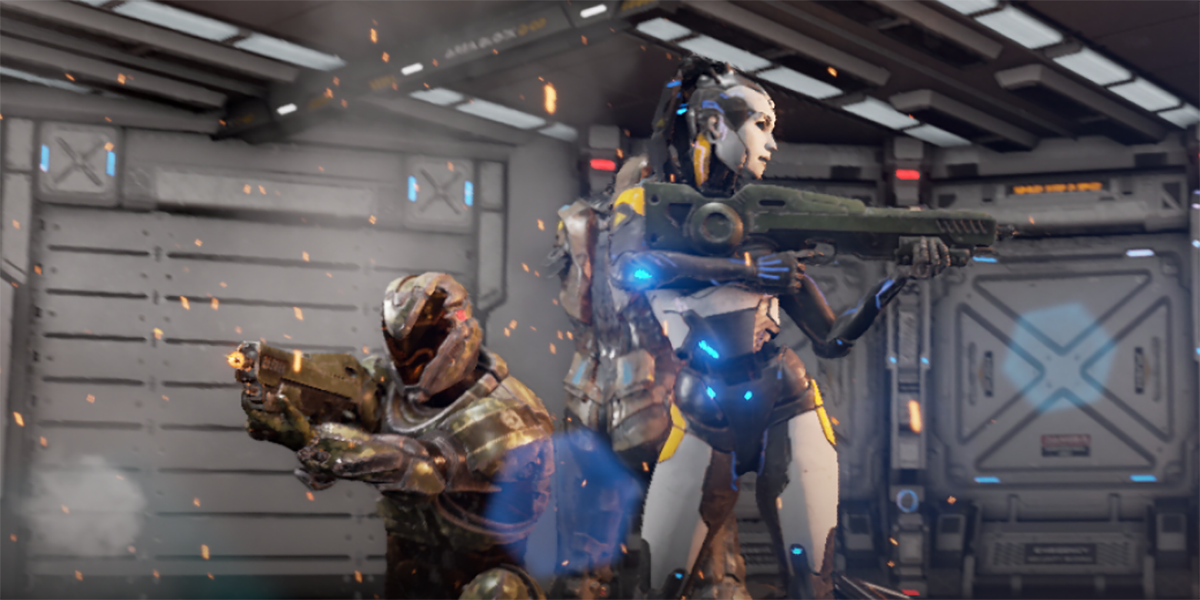 VR Terragame
VR Terragame
 Evil West
Evil West
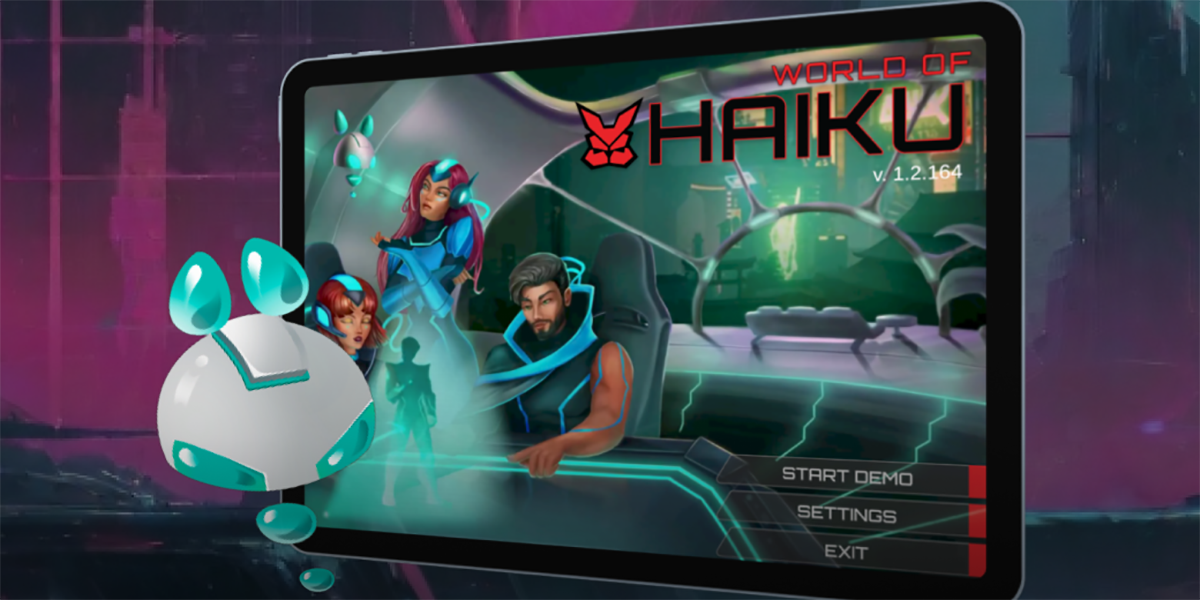 Haiku
Haiku
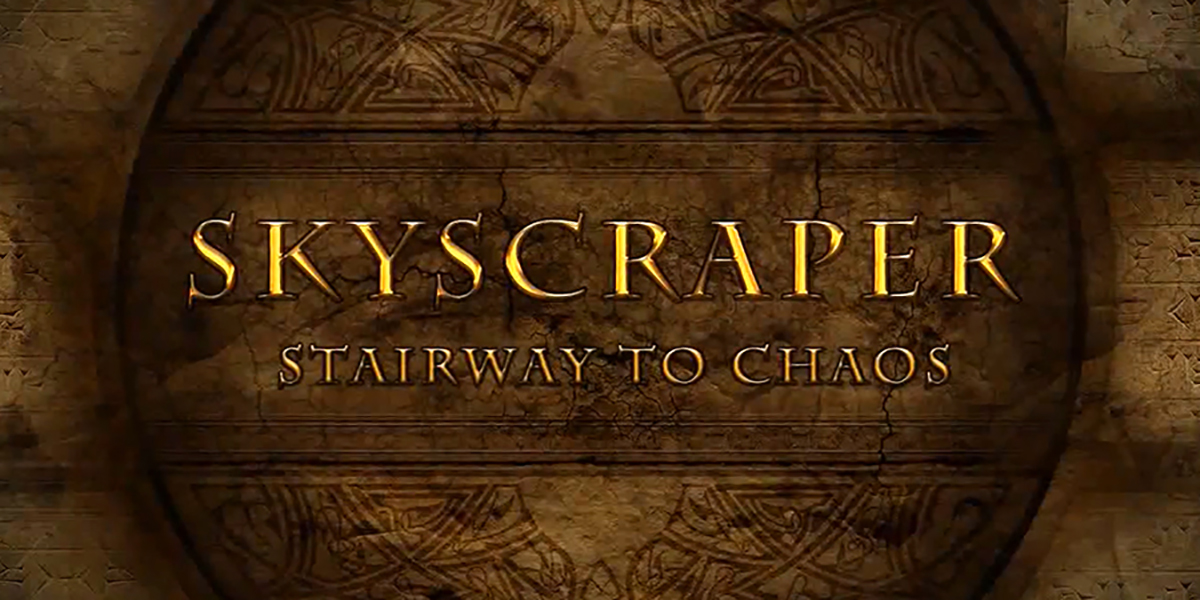 Skyscraper
Skyscraper
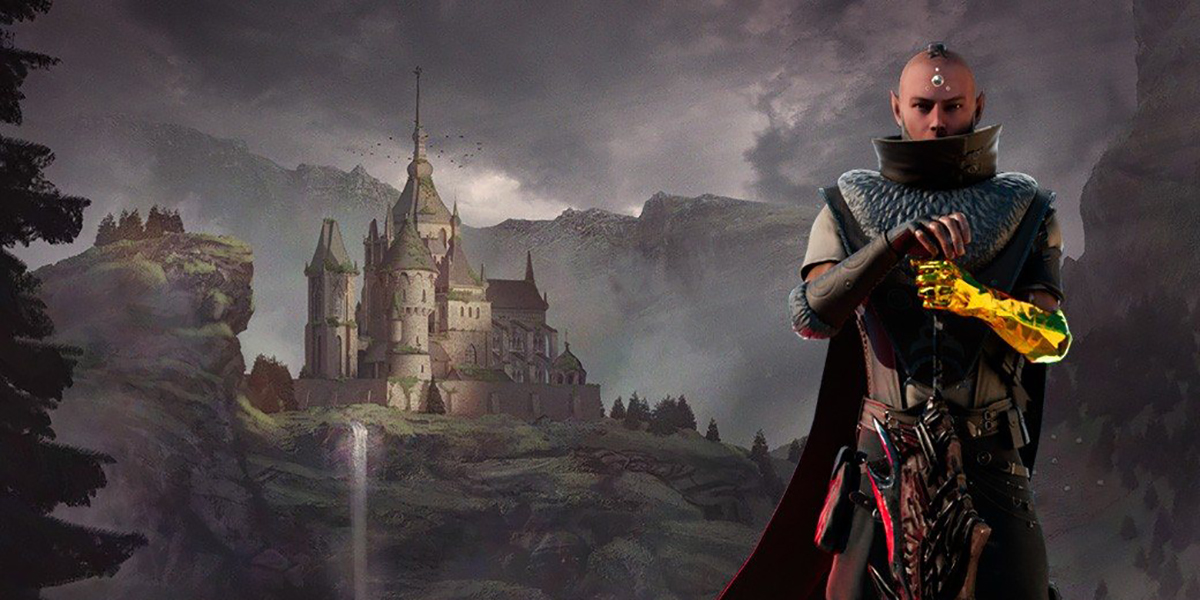 Nomadland NFT Game
Nomadland NFT Game
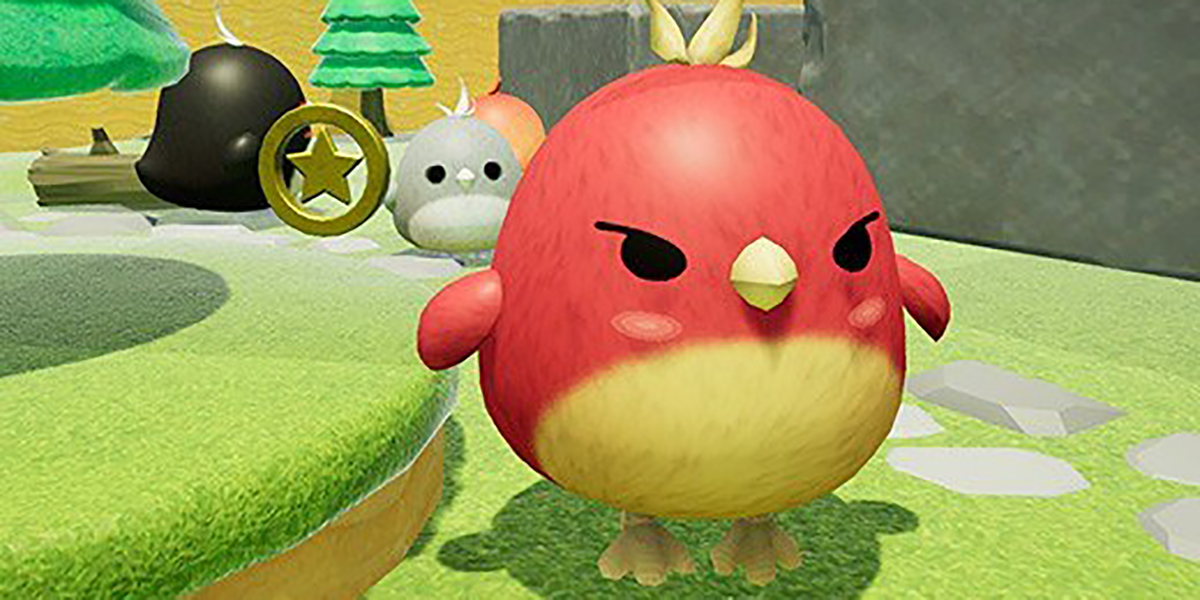 Star Archer VR
Star Archer VR
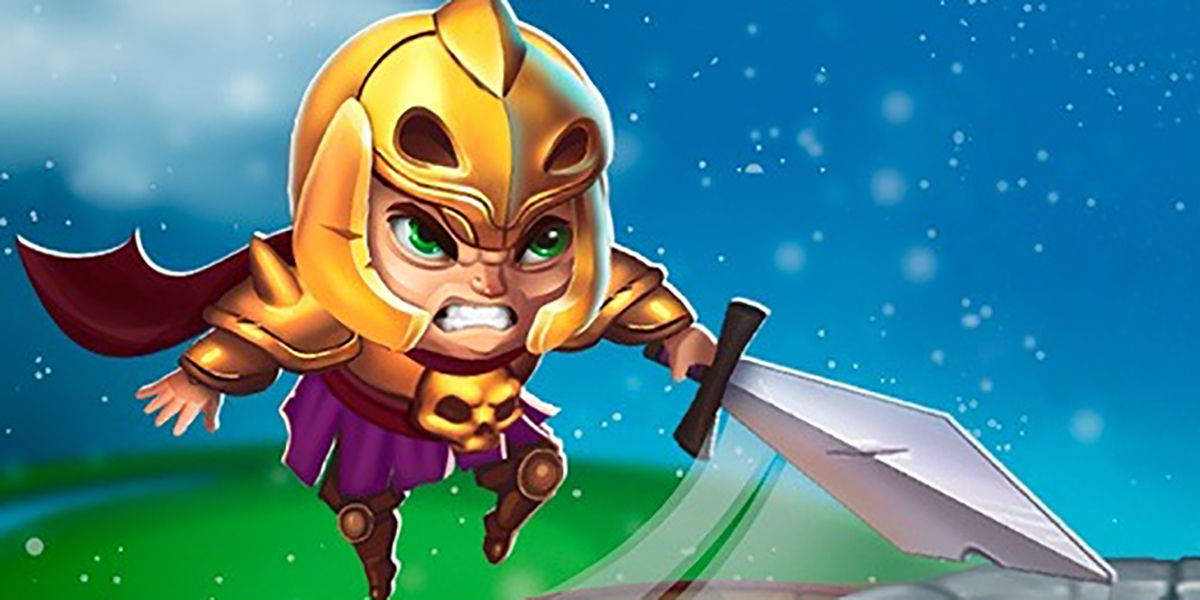 Knight - Stack Jump
Knight - Stack Jump
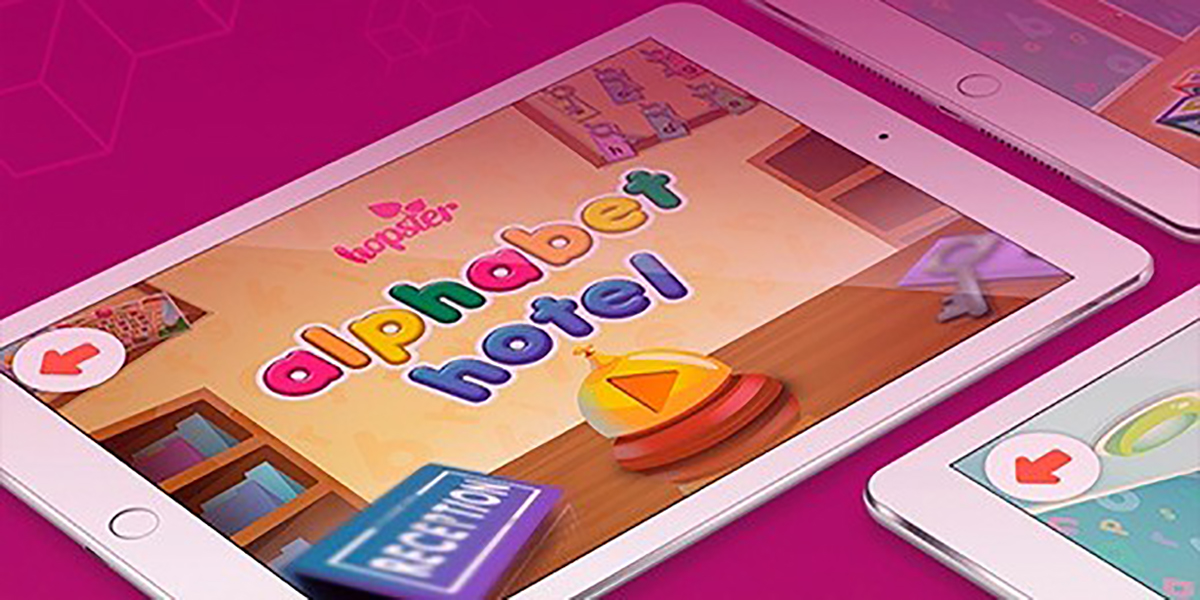 Hopster's Alphabet Hotel
Hopster's Alphabet Hotel

